Elmwood, the town you grew up in
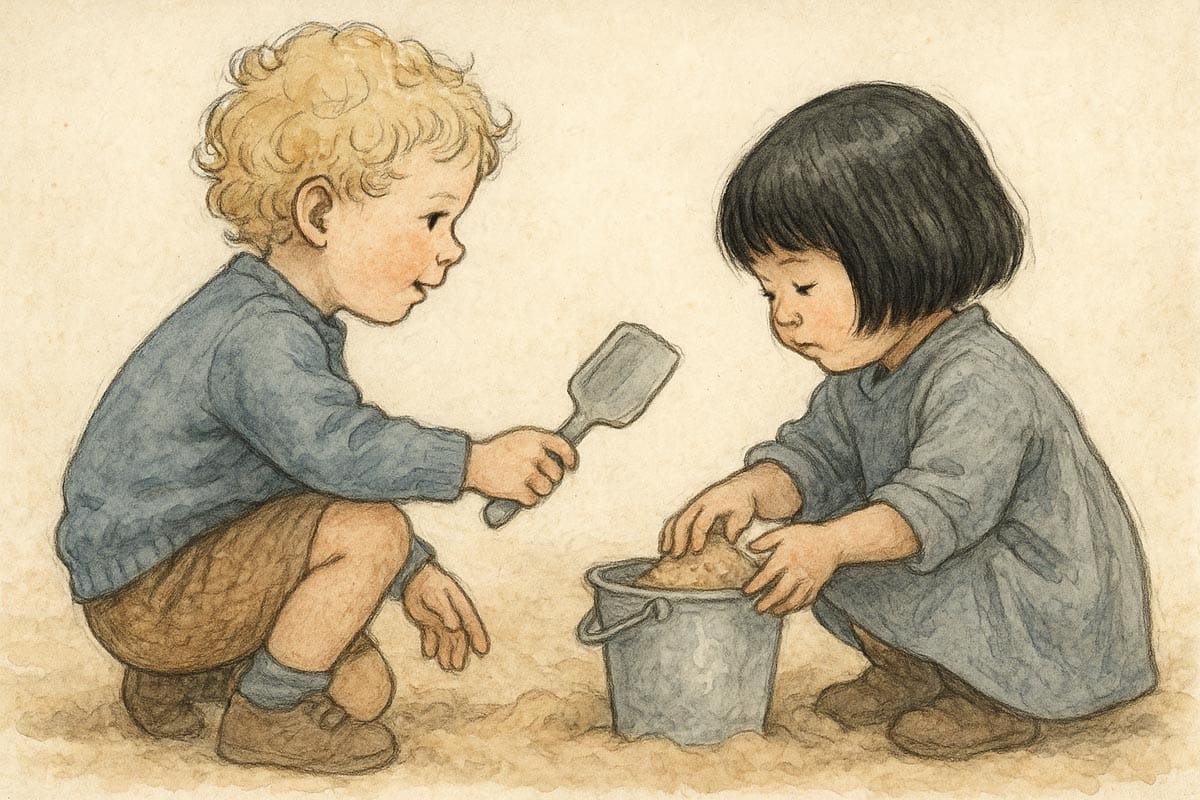
Elmwood is the town you grew up in.
You may never have walked its streets. But you know the feel of the pavement, the smell of the school hall, the hush of the house on a Saturday morning.
It’s fictional – but not fantasy.
There’s no magic here, no dragons, no princes or quests. Just the ordinary texture of childhood: the neighbour’s dog (I spent years being chased by the that mean old German shepherd), the wobbly table in the classroom (too tempting not to rock!) and the welcome clunk of a reluctant radiator on winter mornings.
I didn’t create Elmwood for your child.
I created it for you.
Why memory matters
Parenting isn’t just about knowledge.
It’s about interpretation.
Trying to understand your child’s behaviour – her joy, her fears, her mischief – without fully understanding your own childhood is like reading a novel in a language you barely know. You get the gist. But something vital is missing.
When you remember how it felt to be five, or seven, or ten, something clicks.
Her behaviour is no longer irrational, it’s familiar.
Not because you read about it in a book but because you’ve been there.
Your own childhood is your greatest parenting resource. You already know more than you think.
Why I made Elmwood
Elmwood is loosely based on the area of North London where I grew up.
Not to be autobiographical or sentimental - even though there were some cool looking people round there in those days…
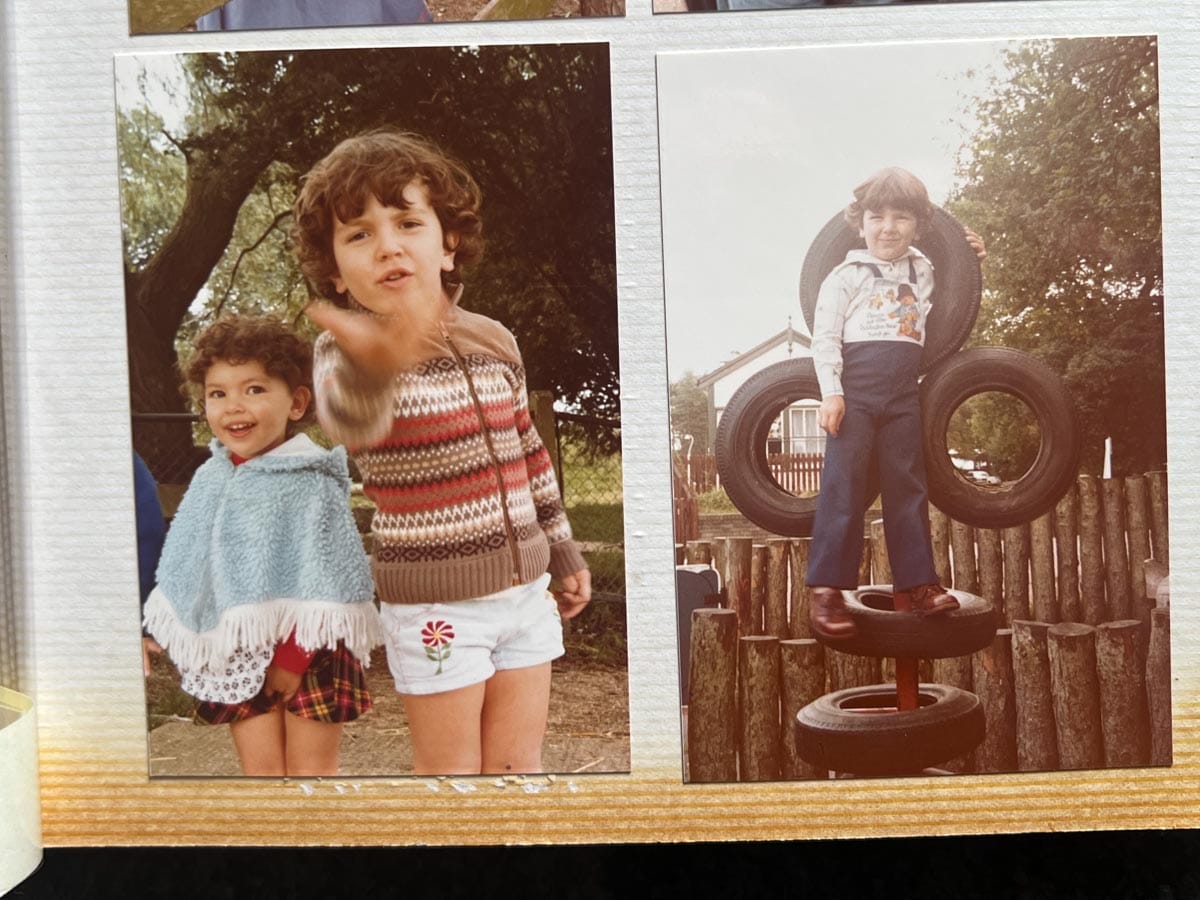
No, it was because I needed a way to get back there.
I needed a way to get Back to the Future, to save the present by going back into the past.
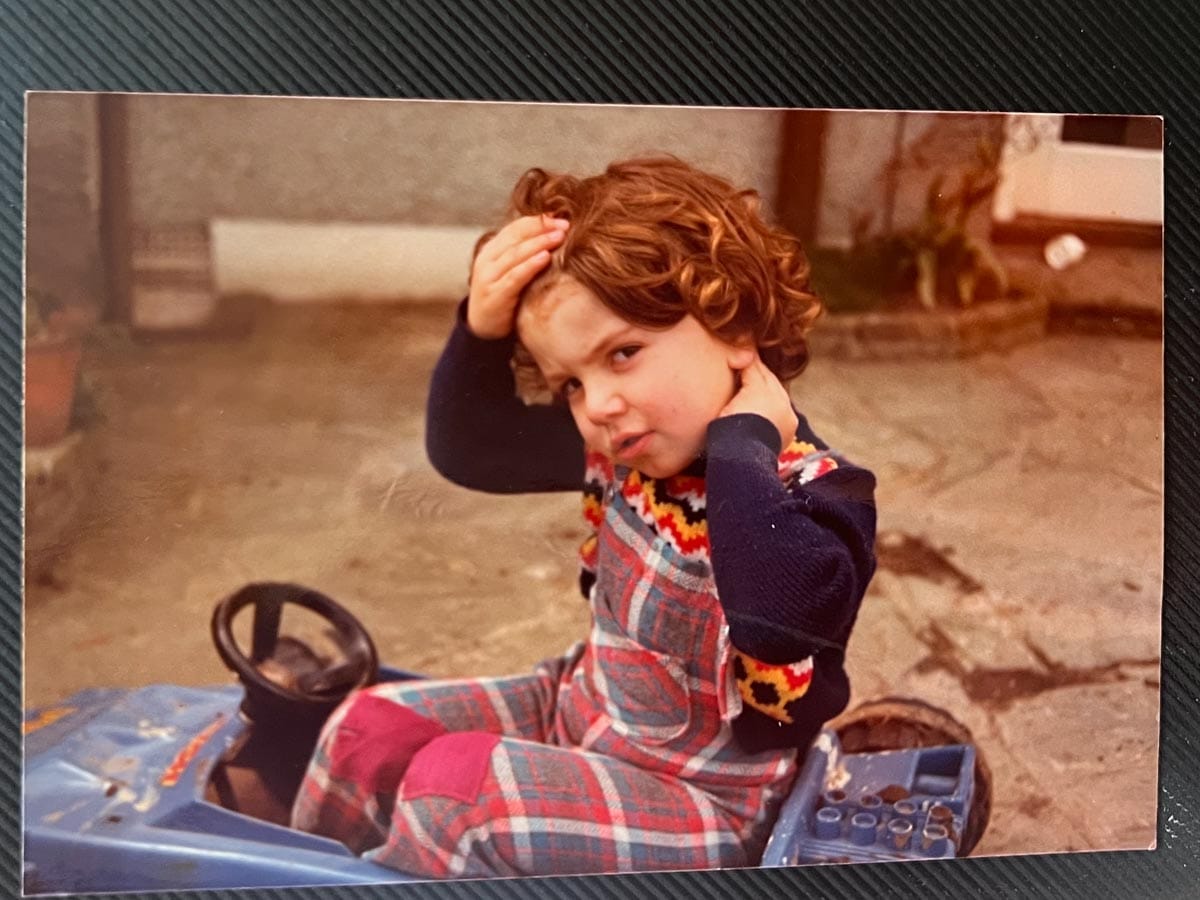
Not quite right. As Rod Campbell would say in Dear Zoo: He was too grumpy. I sent him back.
No, I needed a DeLorean.
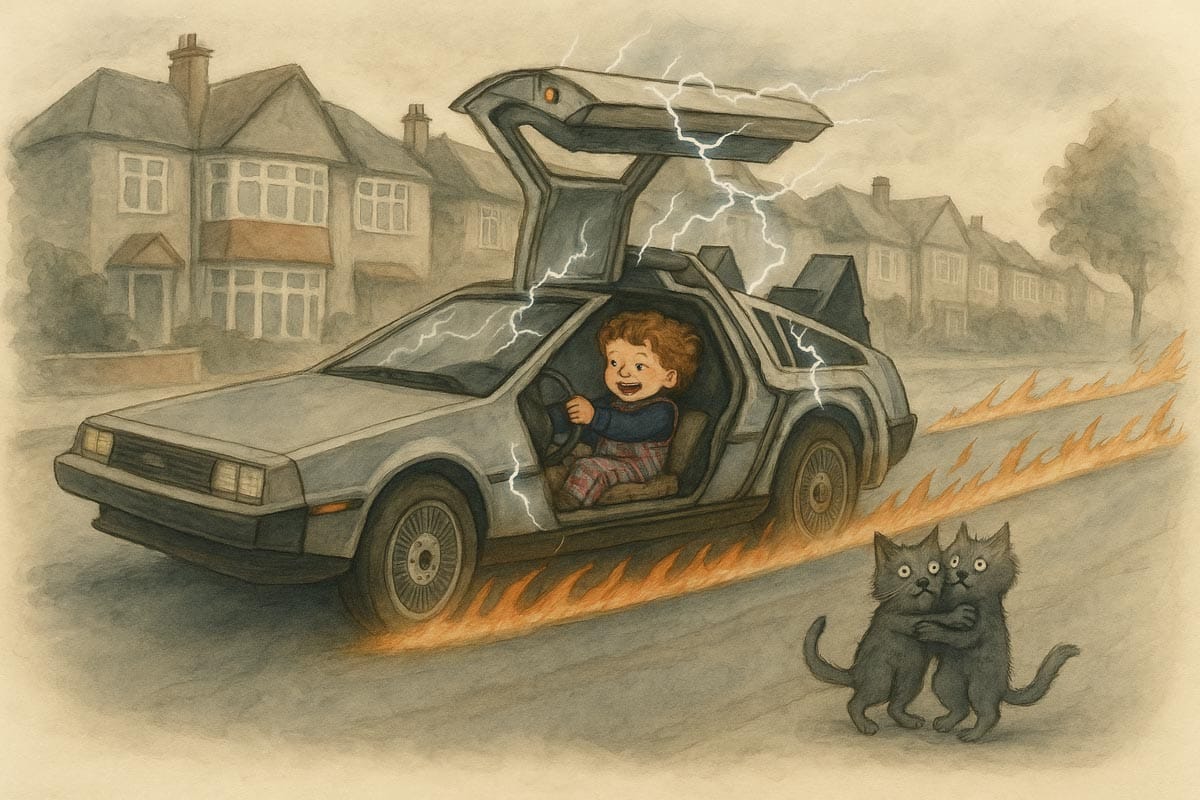
Now you’re talking!
In case you want to relive that magical moment in cinema history, here it is:
Sorry. Long-time - and long-suffering - readers know by now that I love a digression...
Elmwood helps me remember.
I hope it helps you, too.
What you might remember
The point isn’t to recreate my childhood. It’s to stir up memories of your own.
A place, a sound, a phrase – anything that brings you back to the lived experience of being small in a big world.
Do you remember your first day at school?
That’s an easy memory to retrieve.
You’ll have no trouble reassuring your child when the day comes for her to start because your own recollections are so vivid.
But what about the other times? Those more ordinary, everyday moments that get forgotten as we race through our lives.
The vignettes in StoryChild are there to jog your memory.
These aren’t just memories.
They’re templates.
When your child is angry, when she’s scared, when she’s dreamy or bursting with joy – part of you recognises it. Because you’ve felt it too.
Elmwood is a mirror, not a map
Elmwood isn’t an idealised childhood.
It’s not a model town or a perfect family.
It’s a mirror – held up to your own past.
Not to judge. Just to reflect.
That shift matters. Because when you see your child not as a problem to solve, but a person to remember – you become more patient, more curious, more attuned.
An invitation
So as you explore the stories of Elmwood – the children, the places, the rituals – notice what arises.
Notice the memories that surface.
Notice what you already know.
You don’t need more advice.
You need more connection – to your child, and to the child you once were.
Happy playing!
Alexis
P.S. Look out for A Plan for Play, coming soon. It’s the quick-reference companion guide to StoryChild - for when you want activities at your fingertips (and, of course, just enough theory to understand why they matter).
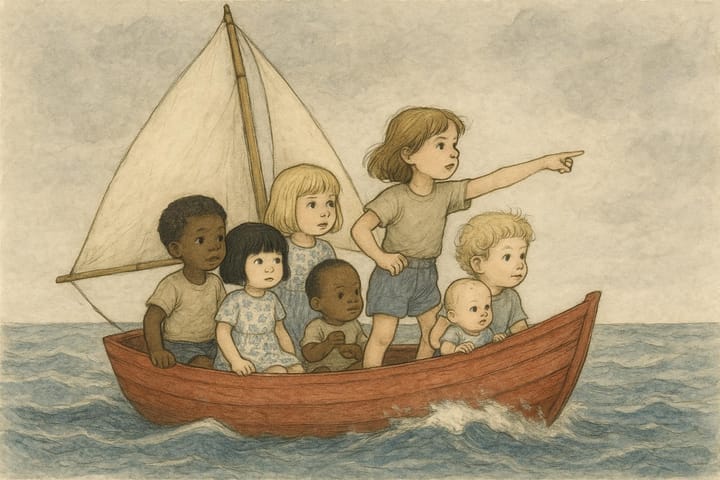
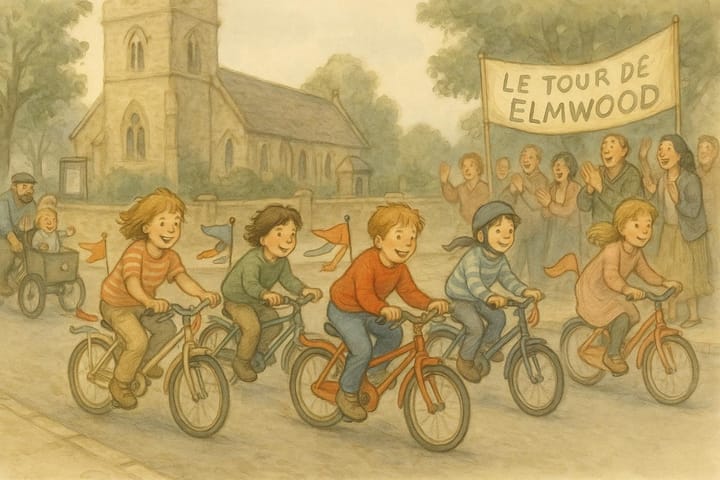
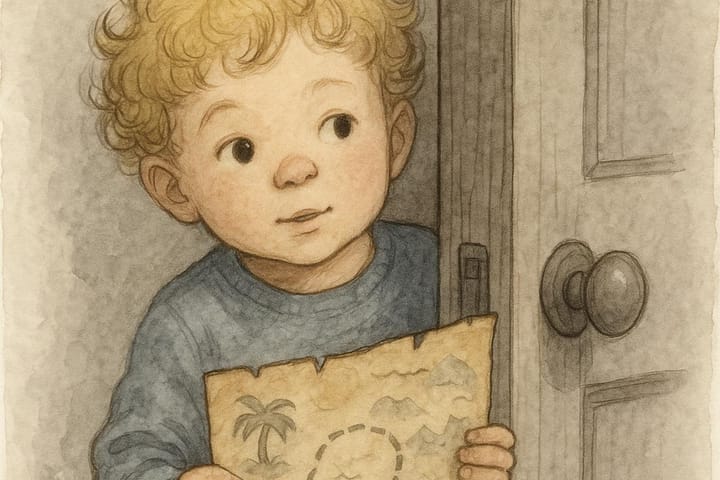
Comments ()